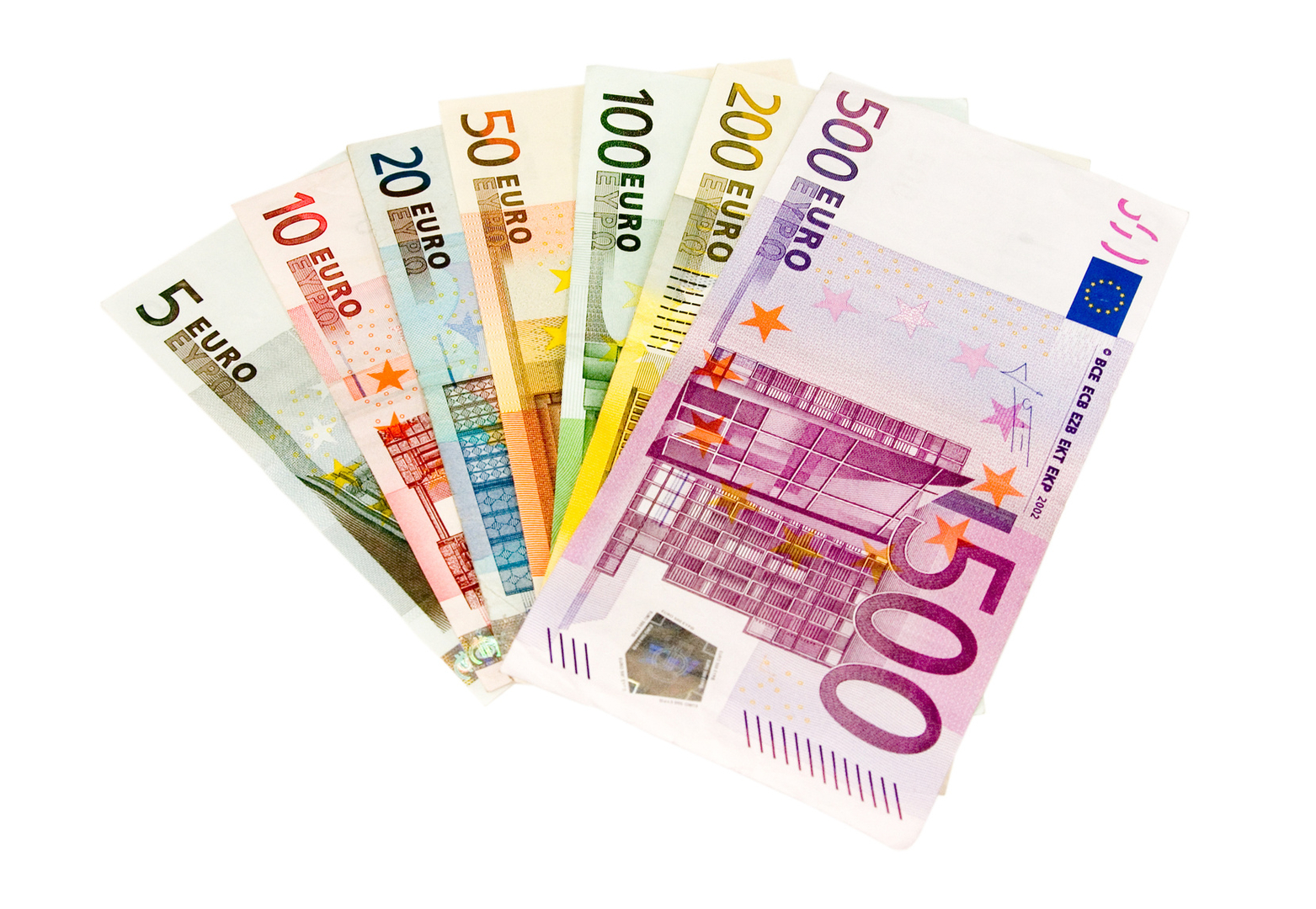- Reps Summon Emefiele Over Foreign Exchange sale to Oil Marketers
The House of Representatives on Monday summoned Central Bank of Nigeria Governor, Mr. Godwin Emefiele, over alleged sale of foreign exchange to International Oil Companies.
Emefiele’s invitation by the House’s Ad hoc Committee on the Review of Pump Price of Petrol followed the committee’s rejection of the records of the foreign exchange transactions presented to it.
The committee, which continued its public hearing on the issue in Abuja, ordered that the CBN governor should appear with details of all beneficiaries of the foreign exchange deals.
He is also expected to give insight into the banks used by the apex bank in the transaction with the oil marketers.
In the rejected record presented on behalf of Emefiele by the Director, Financial Market Department of CBN, Dr Alvan Ikoku, he told the committee why the bank acted as third party to oil companies and importers of petroleum products.
He said that the CBN took over the purchase of dollars from the IOCs and began to sell directly to petroleum marketers seeking foreign exchange to import products.
It was, however, not revealed in the records how much the apex bank sold the currencies to the companies even when it stated that Emefiele determined the rate the currencies were sold to oil marketers.
The committee Chairman, Rep Raphael Igbokwe, directed that the CBN boss should prepare explanations on the legal grounds or provisions that allowed IOCs to operate as financial institutions selling foreign exchange to Nigerians.
According him, by so doing the IOCs acted as parallel financial clearing houses.
The committee demanded explanation on the criteria for the allocation of foreign exchange to dealers as well as necessary documents to show such allocations to the marketers.
It also ordered the appearance of Managing Director of Duke Oil and other oil marketers, who were invited.
Igbokwe explained that the order was important as the representatives of the oil marketers were not in the capacity to respond to some allegations levelled against the companies.
Commodore P.A. Efedue, who represented the Nigerian Navy, explained that multiple charges by government agencies operating at the ports were responsible for most oil importers avoiding Nigerian ports.
Efedue said that the charges were part of the reasons why some of the oil marketers preferred to deliver their products through ports in neighbouring countries.
He said that the development was in spite of security which had improved tremendously at Nigerian ports.
He said, “The oil marketers come to my office every day and I ask why Lome, not Lagos port. They said the reason is that charges in Lagos are higher.’’
He, therefore, advised that the charges at the ports should be addressed to attract oil vessels to Nigeria’s ports, saying that the rate of insecurity in the country’s waterways had reduced.
He said, “Cases of piracy have reduced, so it is the charges that are the issue with the marketers.”
He also said that the navy did not charge any money to grant approval to marketers, adding that the collaboration between navy and NIMASA was helping in securing the water ways.
On his part, Commodore A.O. Bamidele of the Operations Directorate, Naval Headquarters, also reiterated that insecurity was not the reason for marketers preferring neighbouring countries’ ports.
He said, “It is not security; look at Lagos harbour and anchorage, we don’t have security challenges.
“It is only in Bayelsa and Rivers area but we are making efforts to put it in check.”




 Naira4 weeks ago
Naira4 weeks ago


 Naira3 weeks ago
Naira3 weeks ago


 News4 weeks ago
News4 weeks ago
 Travel4 weeks ago
Travel4 weeks ago




 Naira4 weeks ago
Naira4 weeks ago


 Jobs3 weeks ago
Jobs3 weeks ago
 Naira3 weeks ago
Naira3 weeks ago


 Travel3 weeks ago
Travel3 weeks ago



















